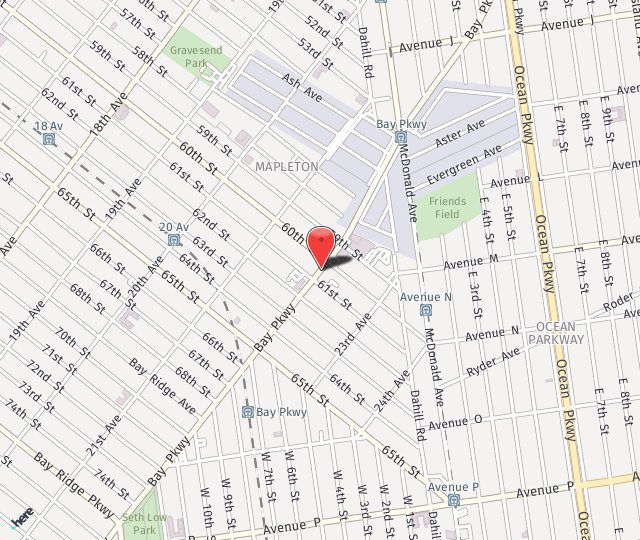Gastritis is the abnormal inflammation of the lining of the stomach. Gastritis can be acute, or chronic, but most often is not a serious condition.
Causes of Gastritis
Gastritis usually occurs when the mucous lining on the stomach is weakened and becomes damaged and inflamed by digestive juices. This weakening can be triggered by a number of factors such as:
- Helicobacter pylori (H. pylori) infection
- Infection
- Long-term use of NSAIDs pain relievers
- Excessive alcohol consumption
- Illegal drug use
- Radiation therapy
- Stress
- Surgery
- Injury
- Autoimmune disorders
- Digestive diseases and disorders
Symptoms of Gastritis
Most people with gastritis do not experience symptoms, those who do often experience abdominal pain, nausea, vomiting, loss of appetite and feelings of fullness. While most cases appear suddenly, chronic gastritis can develop gradually and causes a duller pain.
Diagnosis of Gastritis
Gastritis is common and may not require any medical attention, but a doctor should be consulted if symptoms last for more than a week. Diagnosis of gastritis can be made with a series of tests that may include the following:
- Blood test
- Breath test
- Stool test
- Upper gastrointestinal series
- Endoscopy with a biopsy
Treatment of Gastritis
Treatment for gastritis depends on the type and cause of the condition. This can include eliminating the use of pain relievers or alcohol. Antibiotics or medication may be prescribed to reduce stomach acid. If left untreated, gastritis can lead to stomach ulcers or bleeding, and can also increase the risk for stomach cancer.

